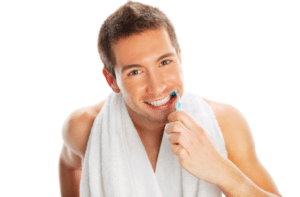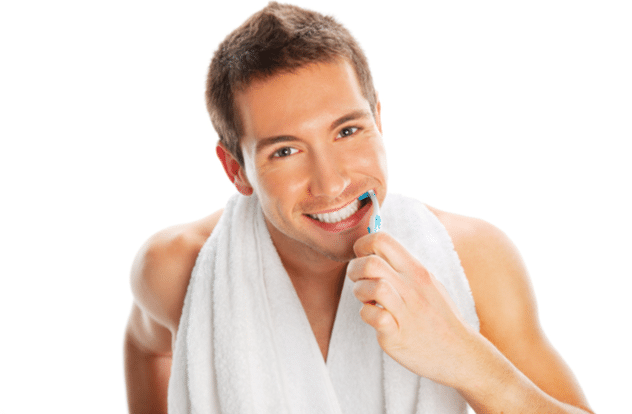
Understanding how cavities form
Cavities are formed due to plaque, a sticky film, that can maintain on the teeth if the smile is not cleaned properly with brushing and flossing. Bacteria is attracted to plaque and creates an acid that can cause the formation of holes in the natural tooth enamel. This is how cavities are formed. However, fluoride strengthens natural tooth enamel. This mineral essentially remineralizes enamel while also protecting the teeth from plaque and bacteria. Whether you get fluoride from your city drinking water or use fluoride toothpaste or mouthwash, you are taking extra steps to improve your oral health and reduce your risk of both tooth decay and periodontal disease.
Drinking water can help fight cavities
One way to protect your smile from decay and disease is to drink tap water. Drinking water is always a great idea as it helps in keeping the body hydrated and also helps in stimulating saliva flow that also watches away food particles after meals. When combined with brushing and flossing after every meal, patients can maintain healthy smiles easily and affordably!
What other ways can fluoride be obtained?
Fluoride is not only in drinking water. Fluoride is also added to many toothpastes and mouthwashes. Additionally, patients can also ask about a fluoride application at the dental office. The dentist can apply a fluoride sealant onto the teeth to offer an extra layer of protection. This is commonly done for children or adult patients who are more susceptible to cavities, such as patients with dry mouth. If you want to learn more about fluoride applications at the office, call Dr. Chong Lee of Galleria Dental Aesthetics.
Call Galleria Dental Aesthetics today
McLean, VA patients ready to learn more about the importance of integrating fluoride into their oral health routine are encouraged to book an appointment with Dr. Chong Lee and his team. Call (703) 448-1020 and visit the office at 1600 Tysons Boulevard #120.


